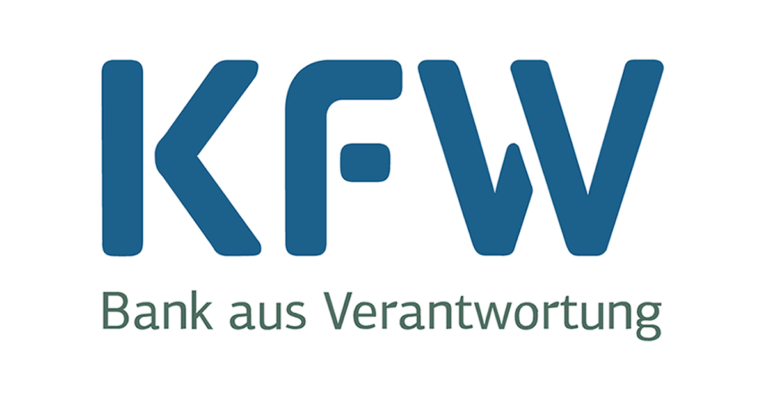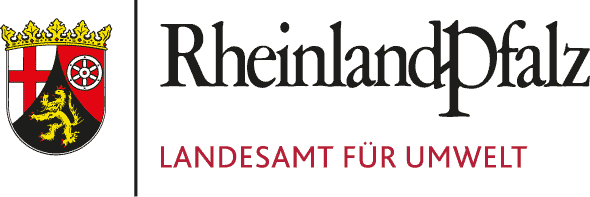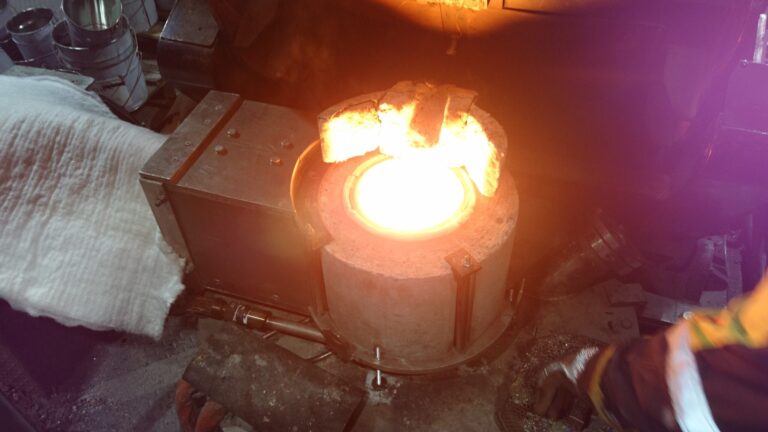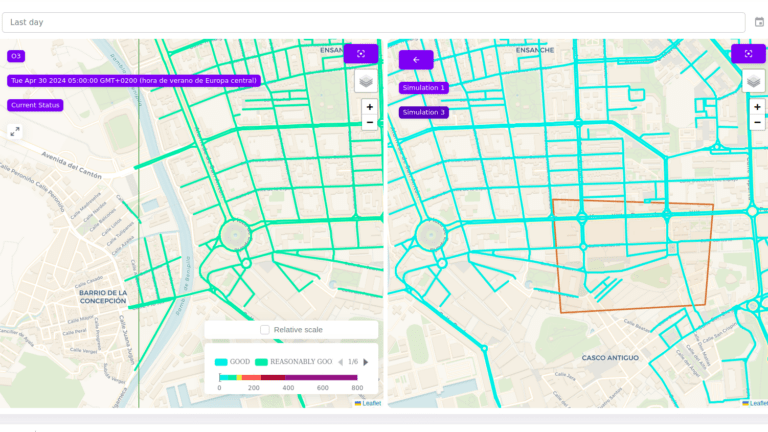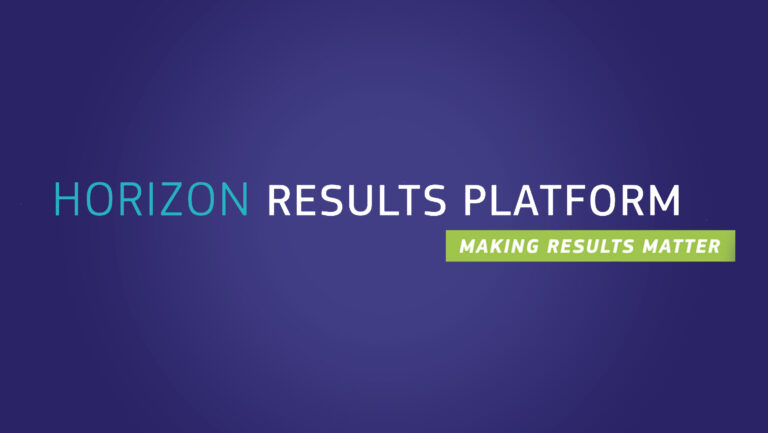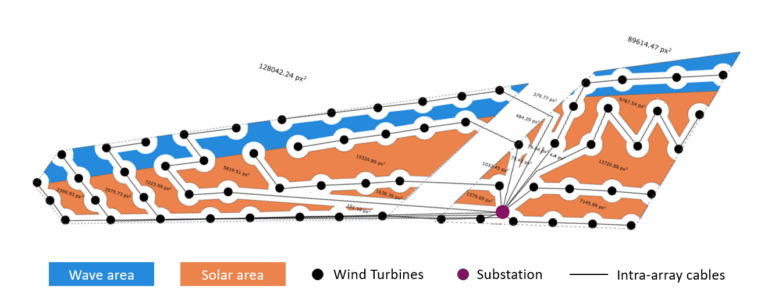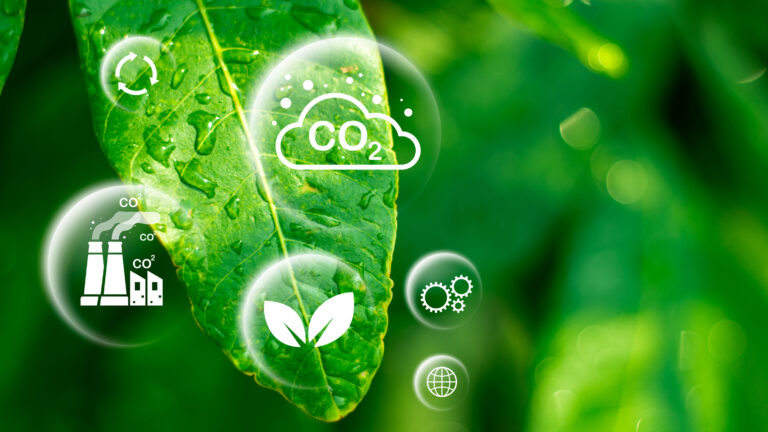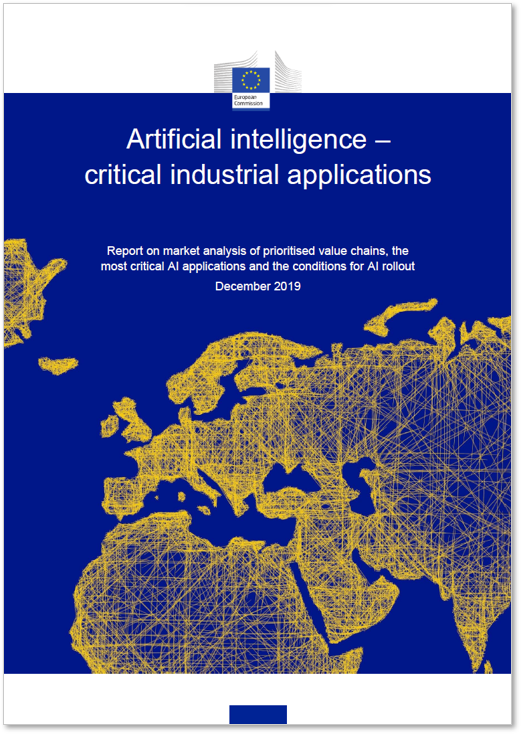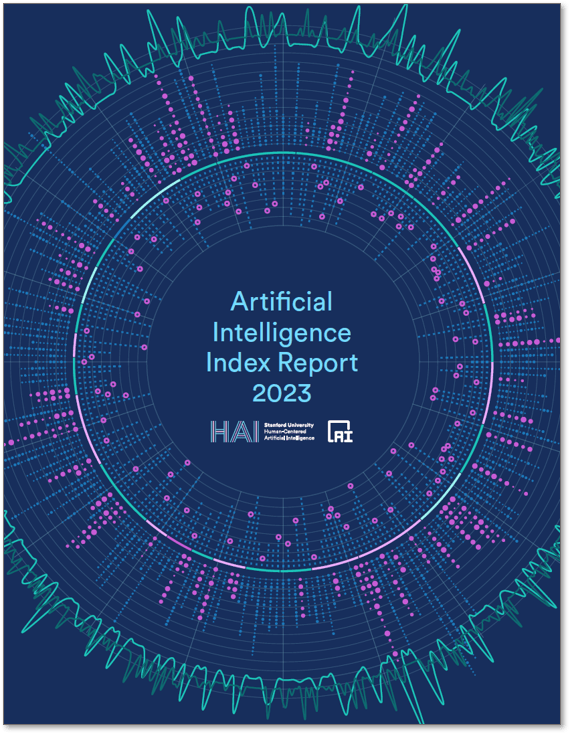Add to favorites:
Share:
Successful proposals should contribute to a clean, competitive and circular bioeconomy, through the development of innovative and climate-neutral bio-based processes.
Project results are expected to contribute to all the following expected outcomes:
- bio-based industries’ operators increase the uptake of innovative low-energy bio-based processes and the use of renewable energy in the processes and utilities of the industrial assets to progress towards climate neutrality and reduction of emission of air pollutants related to energy consumption;
- industrial bio-based systems improve their resilience against energy provision issues.
Key elements of circular economy applicable to industrial bio-based processes and technologies include increasing their energy and resource efficiency. In fact, on one side, industrial bio-based systems may be affected by a higher energy consumption; on the other side, energy supplies may experience shortage and/or price fluctuations that make the most energy-intensive sectors more vulnerable. Industrial bio-based systems within the scope of this topic do not include food/feed, biofuels, bioenergy and cultural/recreation sectors.
Proposals should select one or more case-studies of bio-based industrial systems, within the scope of the topic, in the EU and Associated Countries and:
- describe how to improve energy efficiency, developing and implementing, for example: energy efficient (thermal) separation technologies (e.g., membrane distillation); fast and energy efficient drying processes of biomass (e.g., for wood residues, algae residues, and other residual streams); optimized catalysts, enzymatic processes and reactors to save energy, etc.. analyse the rebound effect of energy saving measures and how to address them;
- analyse the nexus water-energy in the processes of the selected bio-based industrial systems and how the reduction of water consumption contributes to energy saving, e.g., in separation and purification processes, as well as how to address the water-energy integration within the factory by considering the whole processes and all the utilities;
- describe how to enable energy consumption flexibility through the optimization of processes with faster response rate to be flexible to variable energy supply, (e.g., by slowing production when less energy available, and prices are high, or increasing the production and/or storing energy and energy carriers onsite when surplus of energy is available, and prices are low);
- analyse the implementation of renewable energy use in the selected bio-based industrial systems, including shifting from fossil-based to renewable resources and/or shifting to electrification;
- include a task in the project to demonstrate the solutions analysed under the previous four bullet points, to i) improve energy efficiency; ii) integrate water-energy nexus; iii) enable energy consumption flexibility; iv) use renewable energy. Such solutions should be demonstrated on one or more of the selected case-studies, and should be optimized, also through the applications of digital tools including based on artificial intelligence. Assess the contribution to climate neutrality of the selected solutions.
For increased resource efficiency (water and energy use) and circular economy (e.g. minimisation of waste generation or raw materials use) in large industrial installations, please refer to the Innovation Centre for Industrial Transformation and Emissions (INCITE) (https://innovation-centre-for-industrial-transformation.ec.europa.eu/).
The multi-actor approach is encouraged.
In this topic the integration of the gender dimension (sex and gender analysis) in research and innovation content is not a mandatory requirement.
Expected Outcome
Successful proposals should contribute to a clean, competitive and circular bioeconomy, through the development of innovative and climate-neutral bio-based processes.
Project results are expected to contribute to all the following expected outcomes:
- bio-based industries’ operators increase the uptake of innovative low-energy bio-based processes and the use of renewable energy in the processes and utilities of the industrial assets to progress towards climate neutrality and reduction of emission of air pollutants related to energy consumption;
- industrial bio-based systems improve their resilience against energy provision issues.
Scope
Key elements of circular economy applicable to industrial bio-based processes and technologies include increasing their energy and resource efficiency. In fact, on one side, industrial bio-based systems may be affected by a higher energy consumption; on the other side, energy supplies may experience shortage and/or price fluctuations that make the most energy-intensive sectors more vulnerable. Industrial bio-based systems within the scope of this topic do not include food/feed, biofuels, bioenergy and cultural/recreation sectors.
Proposals should select one or more case-studies of bio-based industrial systems, within the scope of the topic, in the EU and Associated Countries and:
- describe how to improve energy efficiency, developing and implementing, for example: energy efficient (thermal) separation technologies (e.g., membrane distillation); fast and energy efficient drying processes of biomass (e.g., for wood residues, algae residues, and other residual streams); optimized catalysts, enzymatic processes and reactors to save energy, etc.. analyse the rebound effect of energy saving measures and how to address them;
- analyse the nexus water-energy in the processes of the selected bio-based industrial systems and how the reduction of water consumption contributes to energy saving, e.g., in separation and purification processes, as well as how to address the water-energy integration within the factory by considering the whole processes and all the utilities;
- describe how to enable energy consumption flexibility through the optimization of processes with faster response rate to be flexible to variable energy supply, (e.g., by slowing production when less energy available, and prices are high, or increasing the production and/or storing energy and energy carriers onsite when surplus of energy is available, and prices are low);
- analyse the implementation of renewable energy use in the selected bio-based industrial systems, including shifting from fossil-based to renewable resources and/or shifting to electrification;
- include a task in the project to demonstrate the solutions analysed under the previous four bullet points, to i) improve energy efficiency; ii) integrate water-energy nexus; iii) enable energy consumption flexibility; iv) use renewable energy. Such solutions should be demonstrated on one or more of the selected case-studies, and should be optimized, also through the applications of digital tools including based on artificial intelligence. Assess the contribution to climate neutrality of the selected solutions.
For increased resource efficiency (water and energy use) and circular economy (e.g. minimisation of waste generation or raw materials use) in large industrial installations, please refer to the Innovation Centre for Industrial Transformation and Emissions (INCITE) (https://innovation-centre-for-industrial-transformation.ec.europa.eu/).
The multi-actor approach is encouraged.
In this topic the integration of the gender dimension (sex and gender analysis) in research and innovation content is not a mandatory requirement.
Partner Requests
Explore Real Collaboration Opportunities
🔍 As a logged-in member, you now have exclusive access to all active Partner Requests for this Funding Call.
See who’s looking for collaborators, explore exciting project ideas, and discover how others are planning to make an impact.
💡 Use these insights to get inspired—or take the next step and start a request of your own (3 entries for free).
Log in or registrate here for free.
You must be logged in to submit or manage a partner request.
Ask our experts about this call
Connect with the Listing Owner!
💬 Please log in now to send a direct message to our experts and ask your questions. Not a member yet? Sign up for free and start connecting today!
Related Funding and Finance Opportunities
Unlock Exclusive Funding Opportunities!
🔑 Get instant access to tailored funding opportunities that perfectly match your needs. This powerful feature is exclusively available to our premium members—helping you save time, stay ahead of the competition, and secure the right funding faster.
Upgrade to Premium now and never miss an important opportunity again! Already a premium member? Log in here to explore your matches.
Related Innovation Offers
Related Knowledgebase Resources
Discover More with Premium: Related Knowledge Resources
🔒 You’re missing out on expert-curated knowledge specifically matched to this topic. As a Premium member, you gain exclusive access to in-depth articles, guides, and insights that help you make smarter decisions, faster.
Whether you’re preparing a funding proposal, researching a new market, or just need reliable information—our Premium knowledge matches save you hours of research and point you directly to what matters.
Upgrade to Premium now and instantly unlock relevant knowledge tailored to your needs! Already a member? Log in here to view your personalized content.


